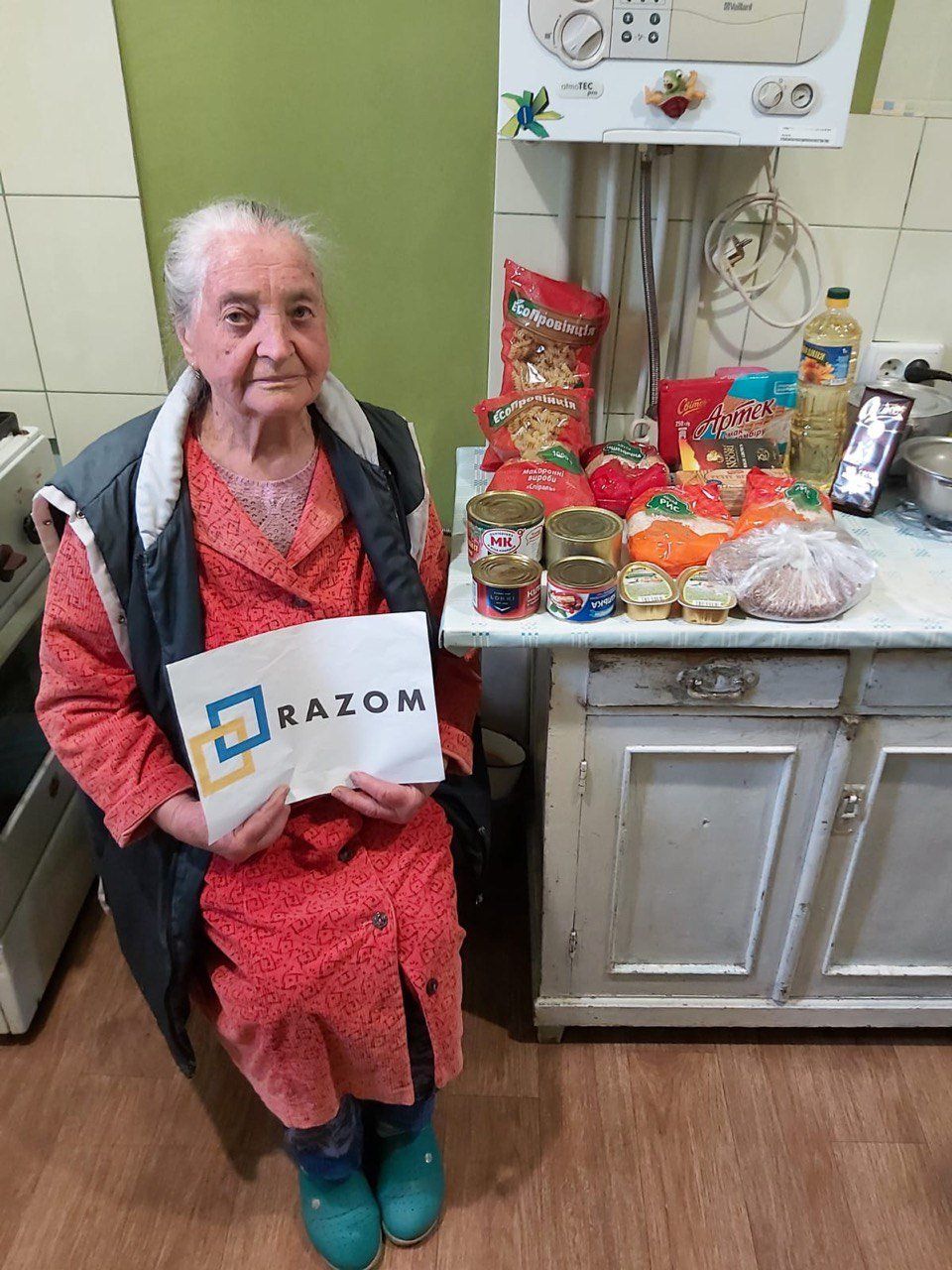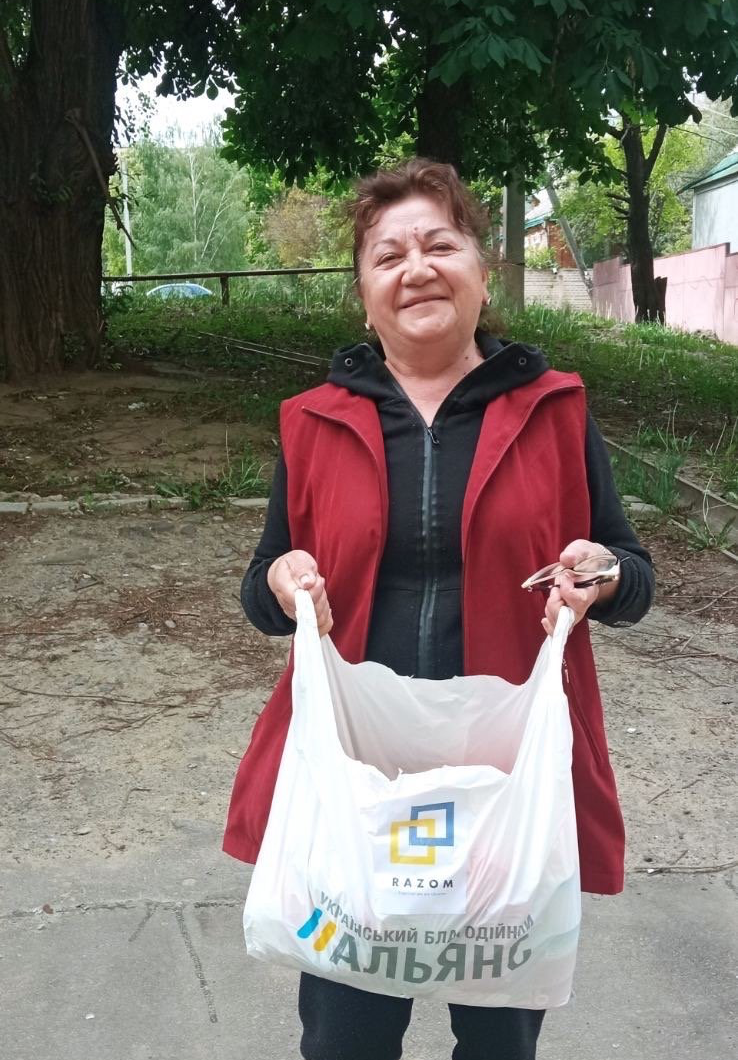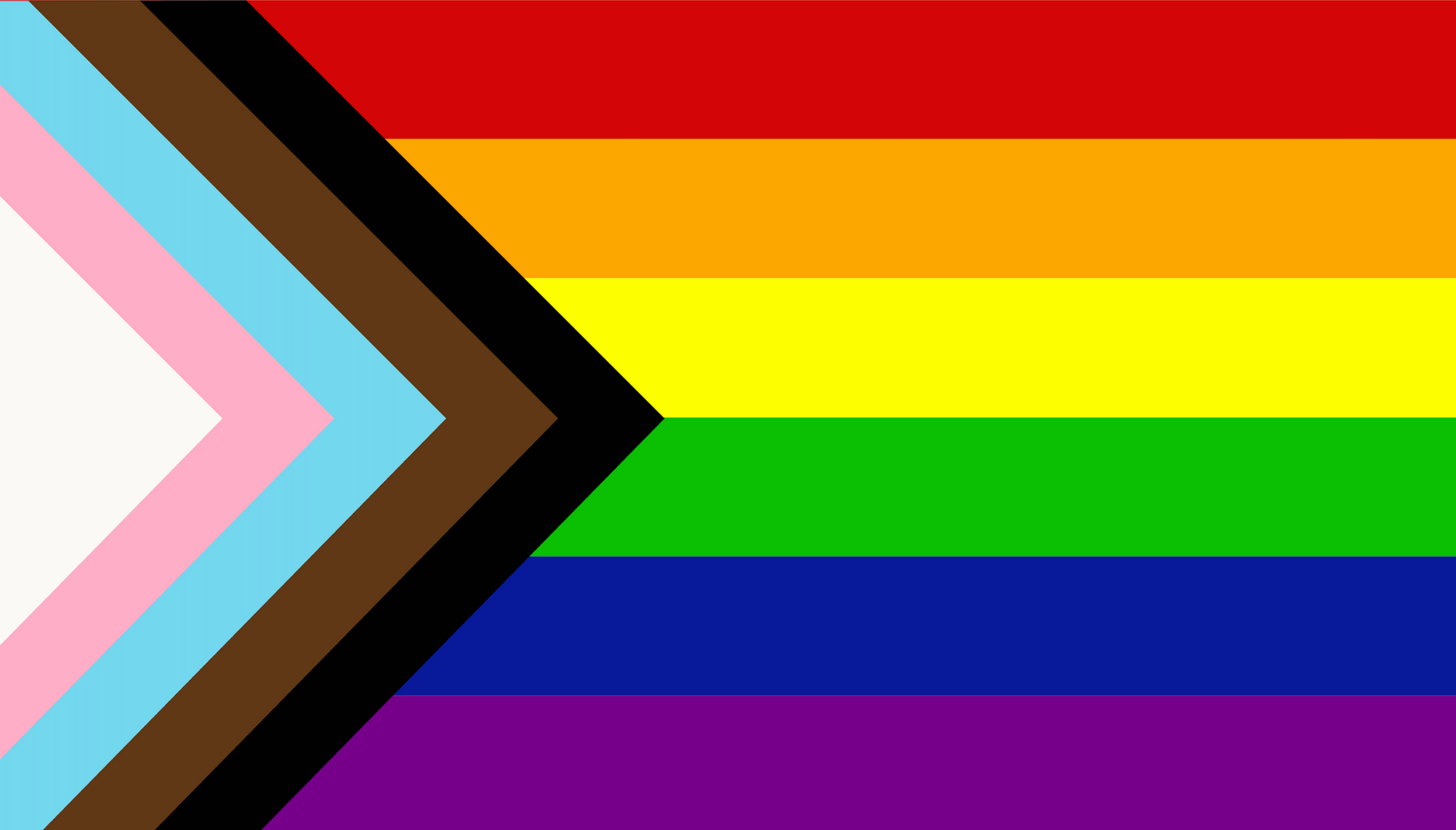Razom for Ukraine
Feeding Older and Disabled People Trapped in the War Zone
by Cynthia McChesney
Back in June, the Outreach Grants Committee approved a larger-than-usual grant allocation to support an initiative in Ukraine through the nonprofit Razom. US-based Razom, which means “together” in Ukrainian, was founded 8 years ago by young Ukrainian-Americans in the US who wished to build deep networks between the two countries to help promote a free and prosperous Ukraine. Before the war, they were a small volunteer-run organization that raised about $150,000 a year. Once Ukraine was invaded by Russia, the organization was uniquely poised to get help to the right people in Ukraine, fast.
In response to news reports of the humanitarian crisis, the Outreach Grants Committee appointed a small subcommittee (composed of Cynthia McChesney, Joanne Gordon, Melissa Bristol) to look at nonprofits raising money for Ukraine. The subcommittee learned of Razom and set up meetings to vet them and learn more about their work. Through several meetings we learned of a specific charitable opportunity Razom was supporting through a local Ukrainian nonprofit called Charitable Alliance (“Alliance”). Alliance is focused on feeding and assisting older or disabled people trapped in, and near the war zone.
The CCSH grant of $14,000 was specifically for their work in Kharkiv, which was being heavily shelled daily and was without money or food supplies. The grant was used to purchase food packages that are hand delivered by volunteers to the elderly and disabled. One of our contacts at Razom explained the rationale behind the size of the packages which cannot be more than 25 lbs in weight because: “The thing is, if they're much bigger than this (25 pounds), they become too heavy for volunteers to lug around. You see, elevators currently don’t work in Kharkiv, and many people live in multi storey buildings. So if a volunteer has to lug a 30,40,50 pound bag up the 8th floor (the most frequent building types are 5-, 9- and 16- storey buildings in Kharkiv), they would not be able to manage it.”
Of course the need for humanitarian support continues to be great in Ukraine, and we plan to continue our conversation with our contacts at Razom around additional projects that CCSH might support. We are particularly interested in ways that members of the church might be more directly involved with the people receiving the aid, perhaps through Zoom meetings or other means.
You can learn more about Razom on their website.



